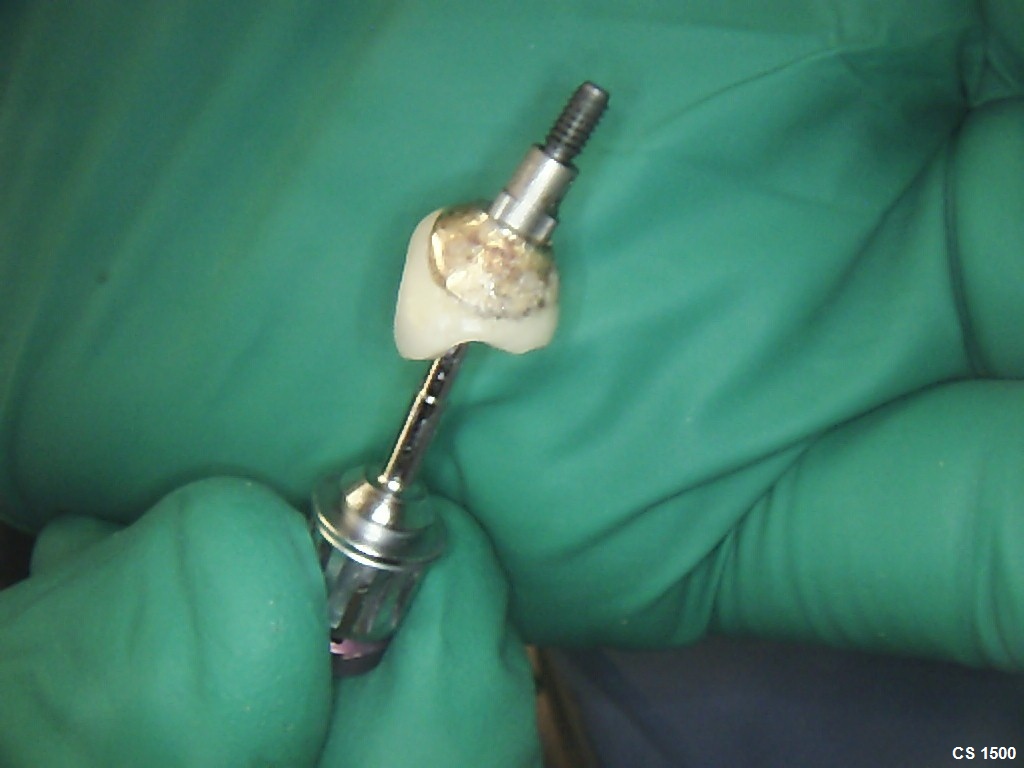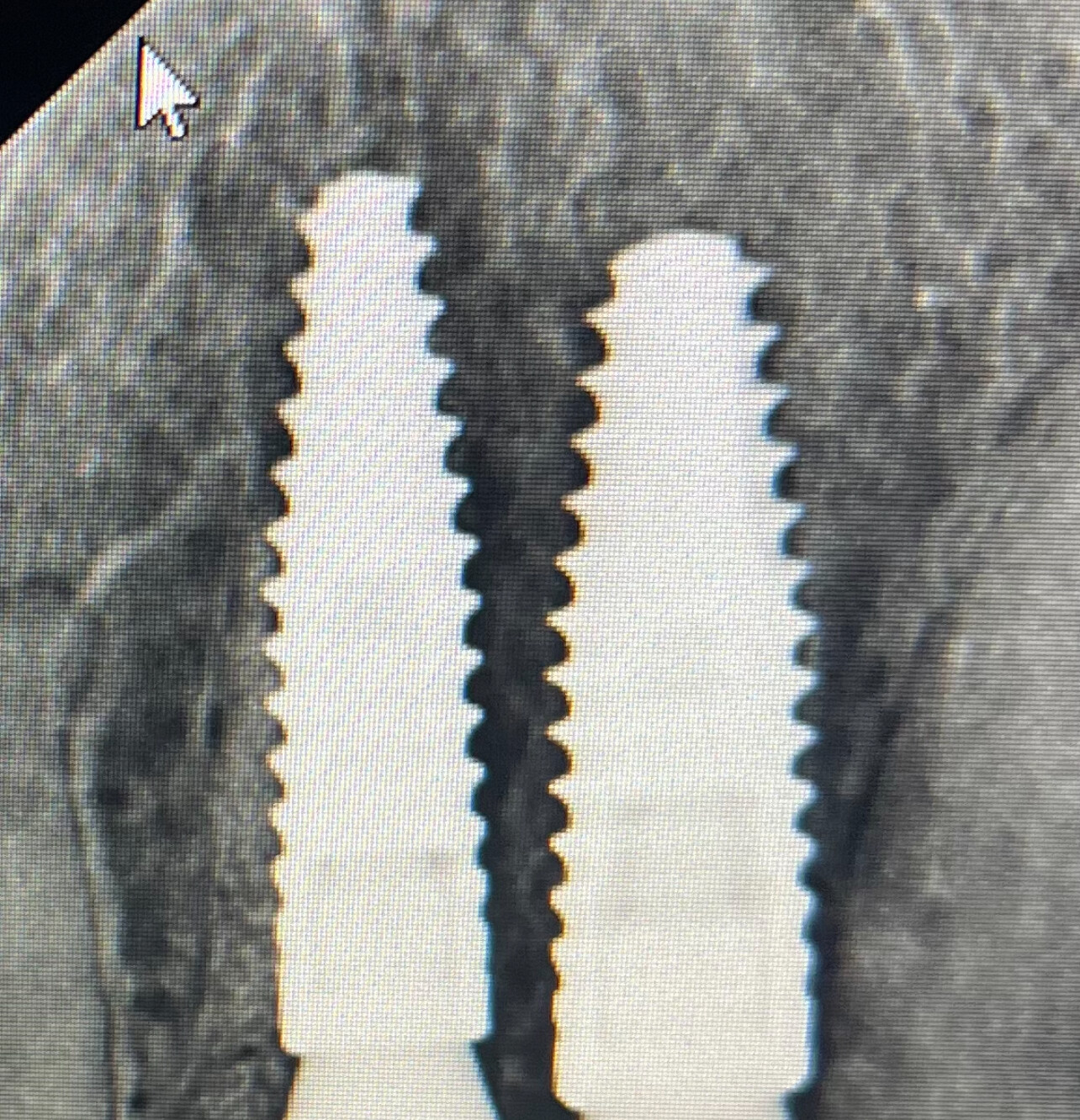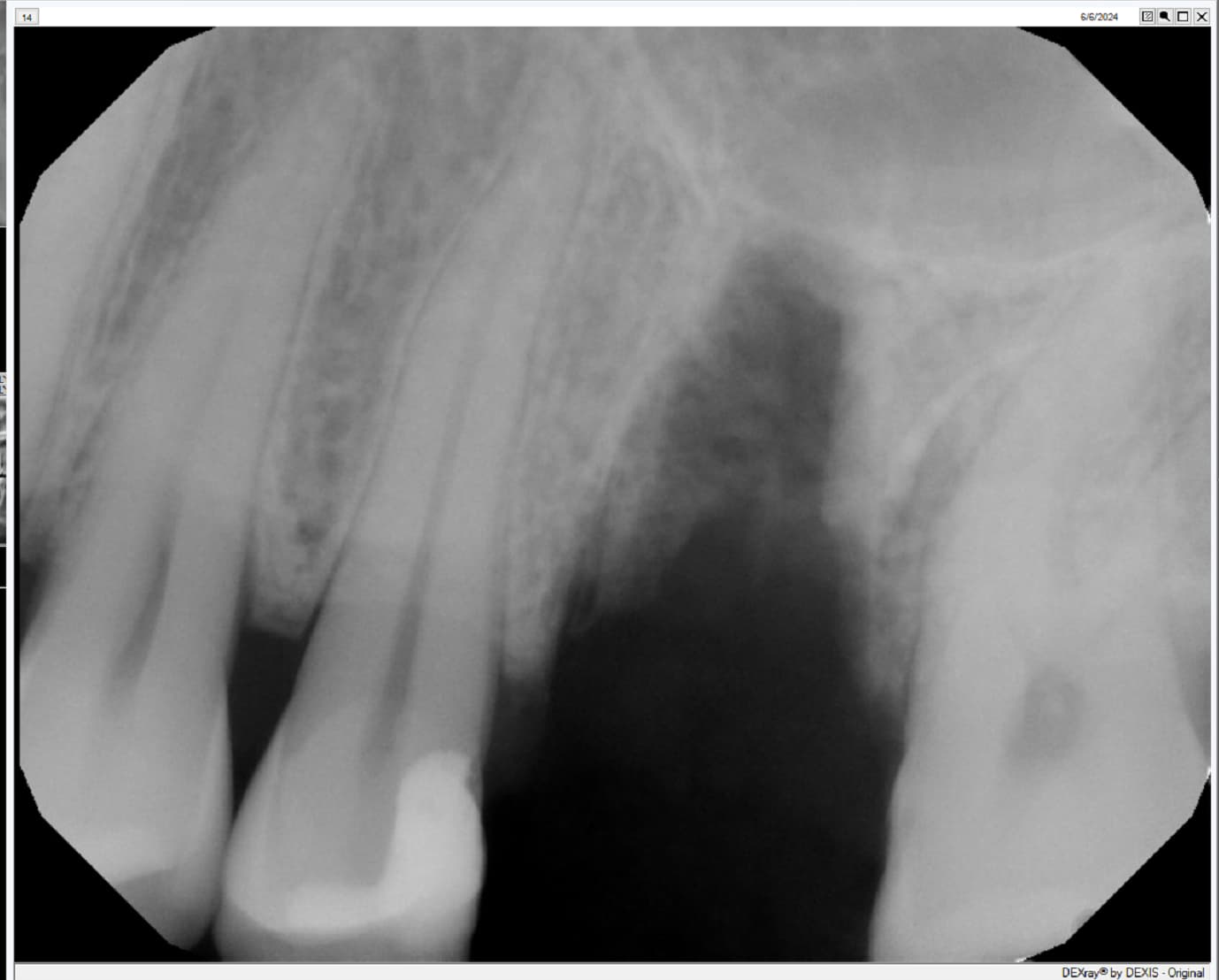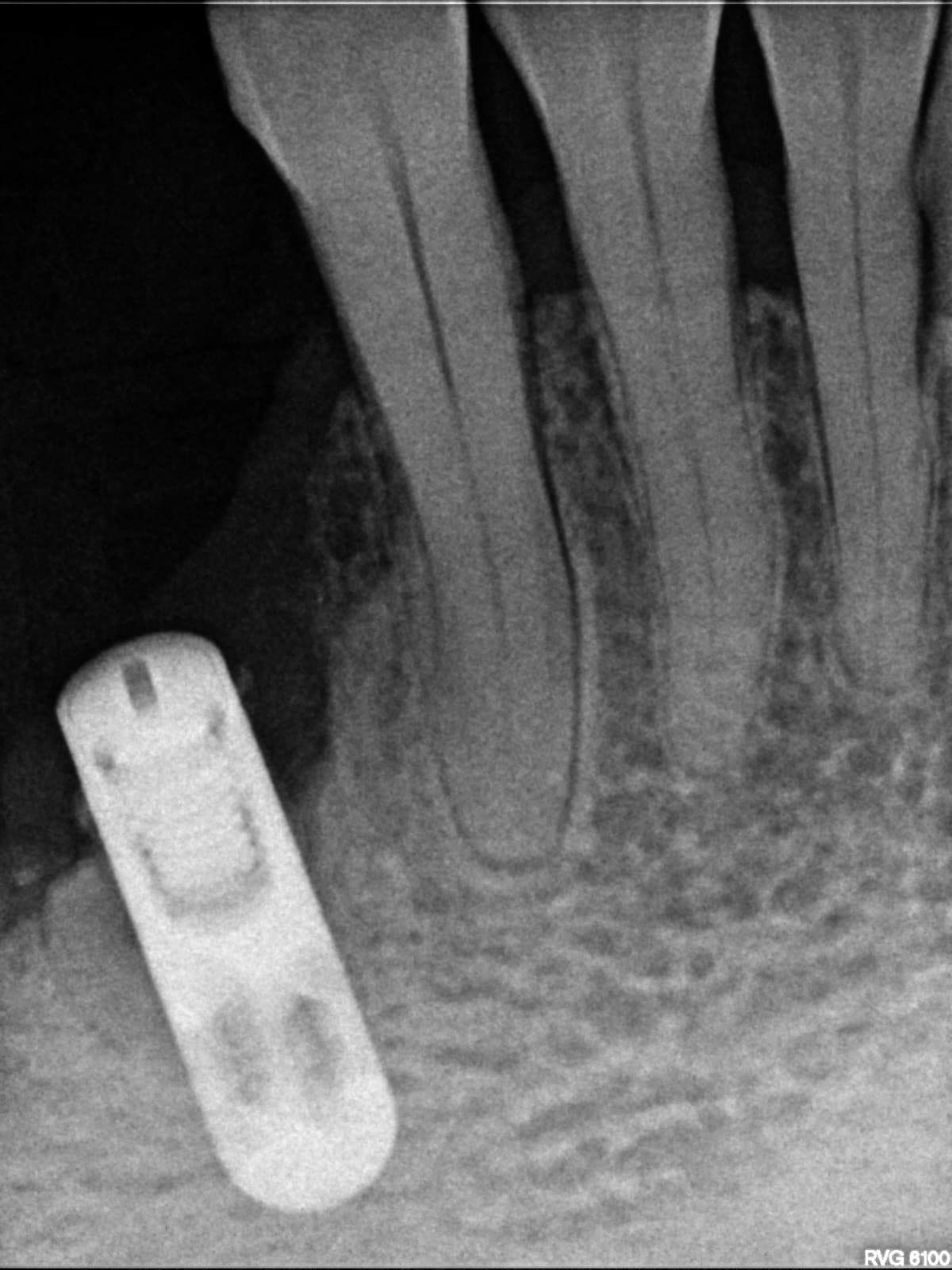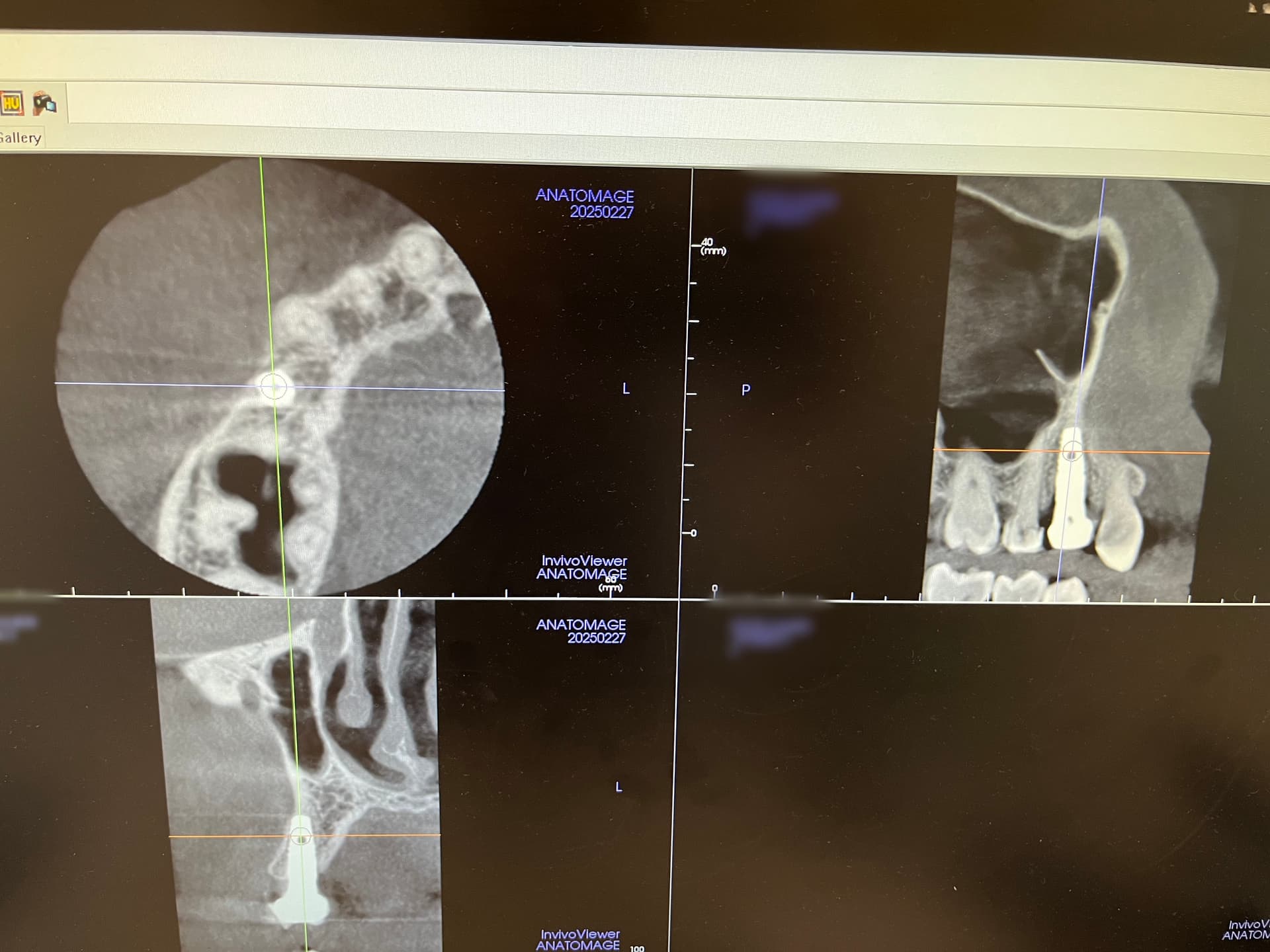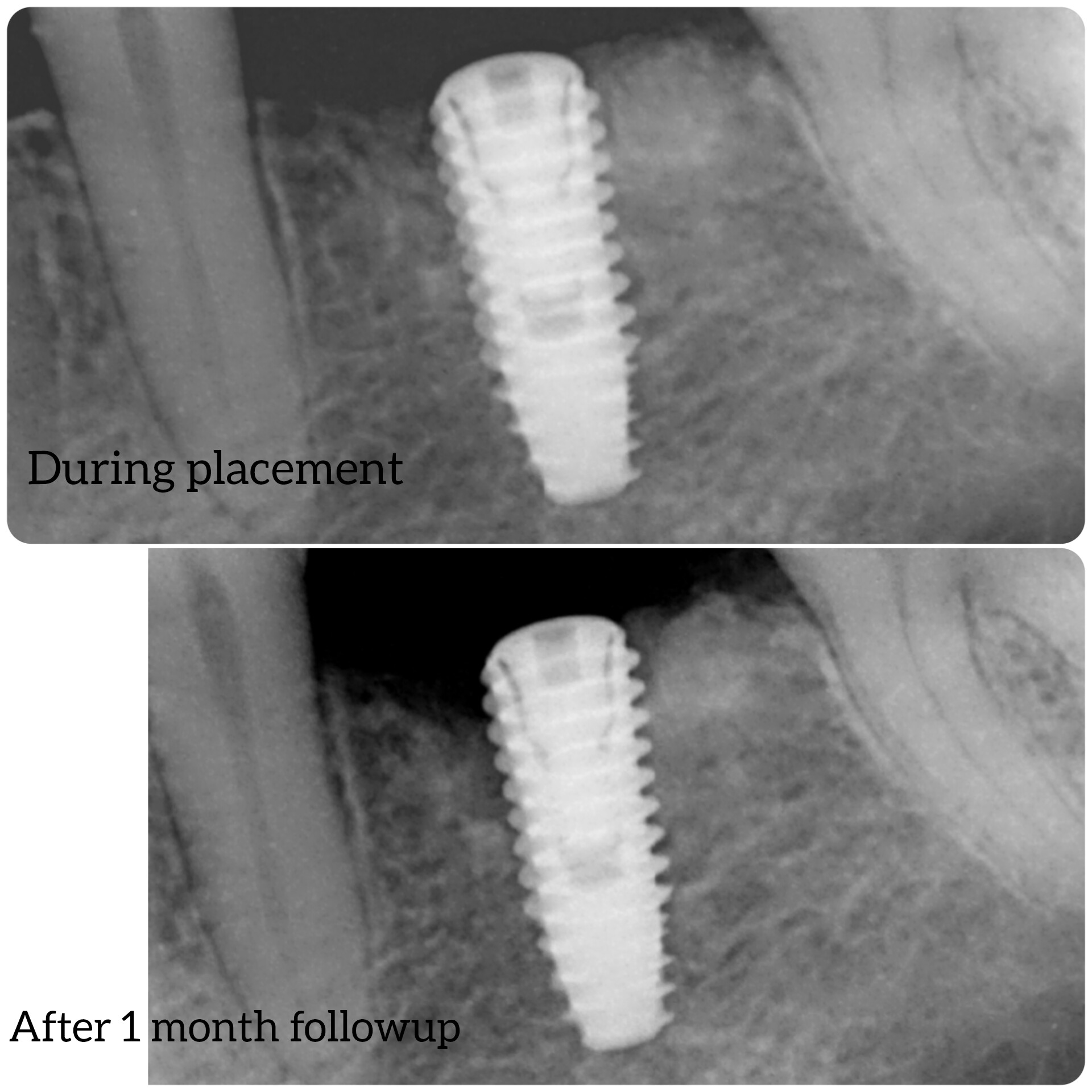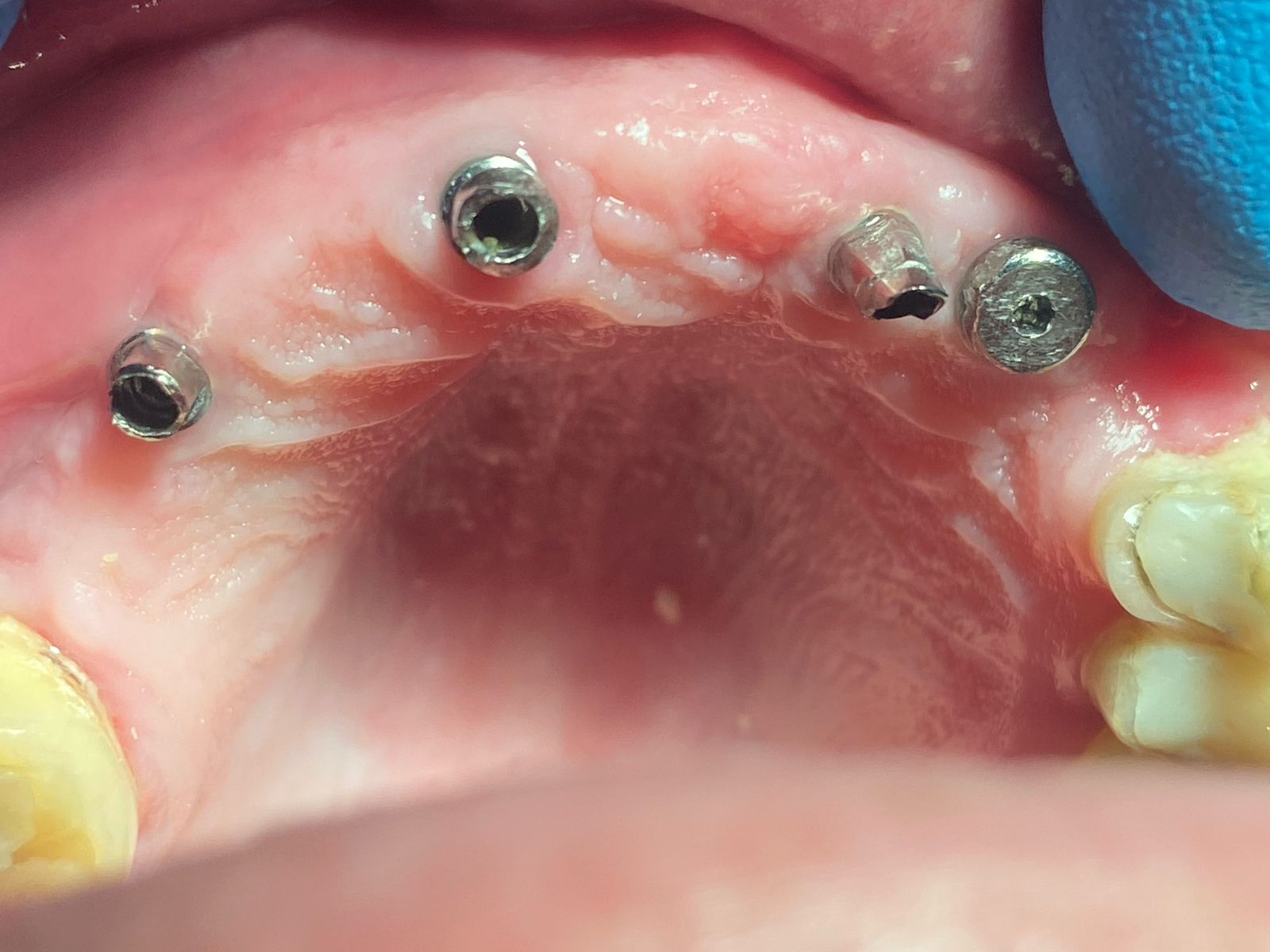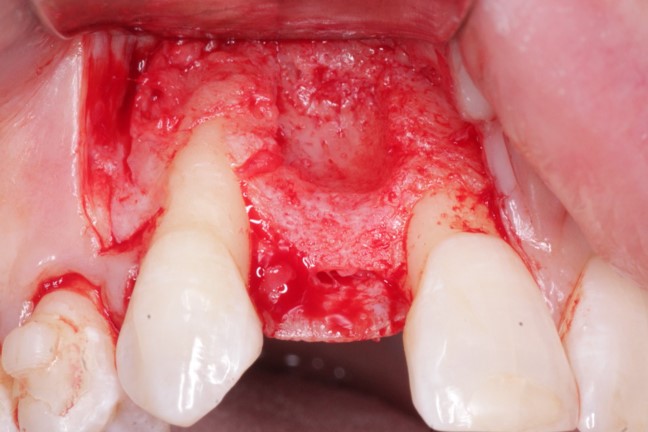A New Dental Implant Coating?
Researchers at the Medical College of Georgia found in experimental studies that dental implants coated
with a new class of morpheonetic proteins demonstrated significant
osteogenic properties.
This may represent a new technology for stimulating bone regeneration to replace lost bone. A formal study of this new technology will begin shortly. Interestingly, hydroxyapatite which has not worked as well as originally expected may have an underlying disadvantage of slow resorption and replacement with new bone.
"For the past 20 years, there has been a quest to regenerate tissues around teeth that are lost due to periodontal disease," Dr. Wikesjo, the lead researcher says. "I’ve looked at multiple approaches to achieve regeneration, including bone grafts, root conditioning and membrane devices for directed tissue growth, all resulting in some regeneration. Where we had to look was at the commonalities among these treatments." By experimenting with treatments and discerning their effect on healing bone defects, they found some – including some in use today – that actually hinder tissue regeneration. "Some biomaterials like hydroxyapatite particles, which are chemically similar to the mineral component of bone, may actually interfere with regeneration," Dr. Wikesjo says. "They may not resorb quickly enough and may block the space for new tissue to grow into."
With regards to the new protein technique Dr. Wikesjo comments, "There are still things we need to learn. In some cases, the protein
may rapidly release from the implant, and other times, there appears to
be a more gradual release,". "We need to find out what
factors cause that. In the end, we may not need to use much protein to
make the implant effective. Those are things we’re looking at now."
What are your thoughts on this new research? Any comments on the hydroxyapatite findings?
Source: Medical University of Georgia










